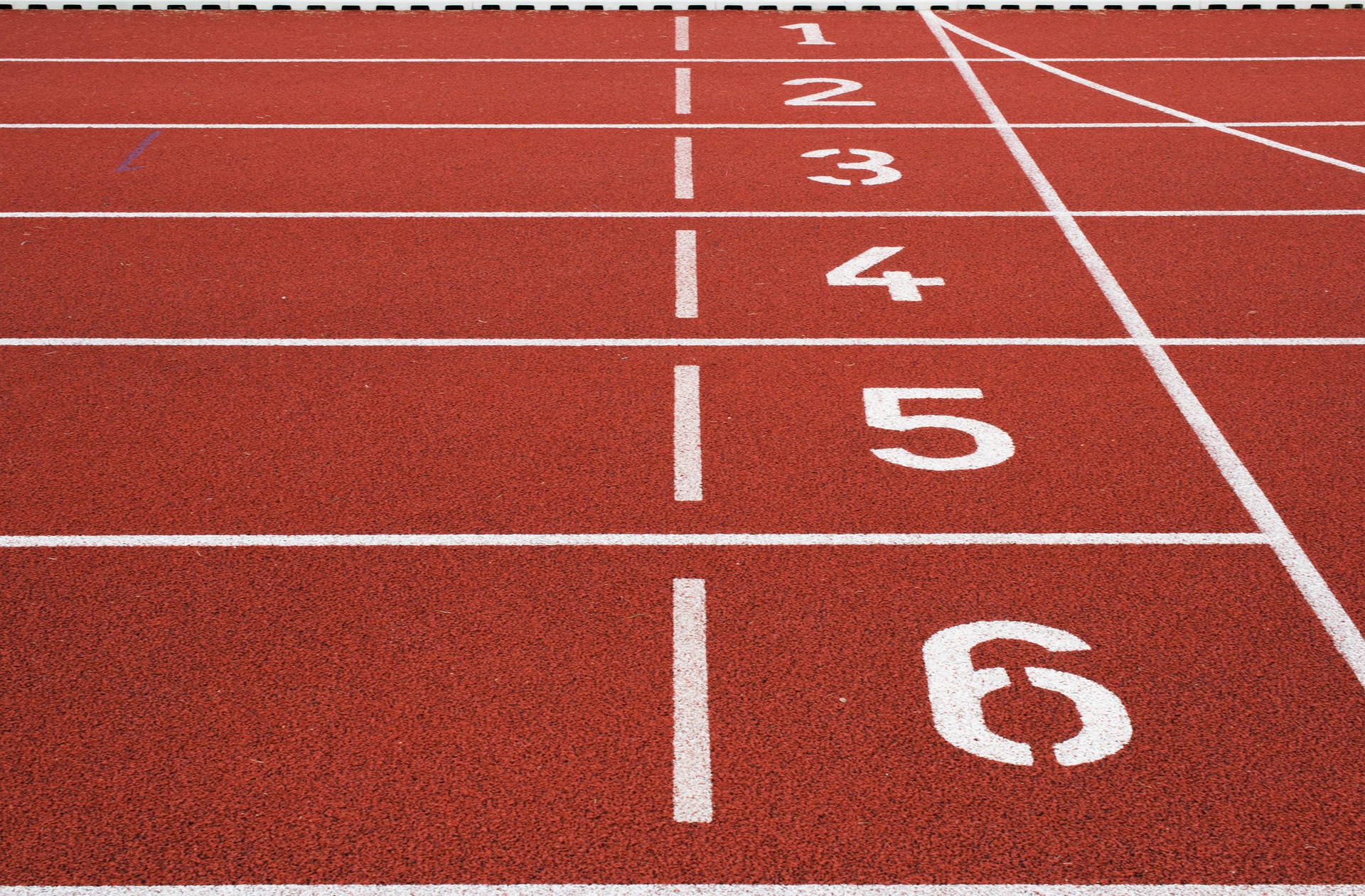Track and field is the ultimate test of human athletic performance, encompassing events such as the 100-meter dash, 1,500-meter run, 400-meter hurdles, high jump, and shot put. Track and field has been part of the Summer Olympics since 1896 and has been largely dominated by the United States, which has won the most medals in all but three of the 29 modern Summer Games. Two of the four most accomplished track and field Olympians of all time are also from the US.
Paavo Nurmi
Despite the US’ impressive record in Olympic track and field, Finnish distance runner Paavo Nurmi holds the Olympic record with 12 track and field medals. Nurmi, part of a talented group of Finnish athletes known as the “Flying Finns,” made his debut at the 1920 Antwerp Games and won gold in the cross-country individual, 10,000-meter run, and team event. He also finished as a runner-up in the 5,000-meter run. He won five gold medals at the 1924 Paris Games and one gold and two silver medals at the 1928 Amsterdam Games.
Nurmi won a medal in each of the 12 Olympic events in which he participated from 1920 to 1928 and was so dominant that he was excluded from the 1932 Los Angeles Games due to the International Association of Athletics Federations (IAAF) ruling him a professional athlete. The talented runner set 22 world records at distances ranging from 1,500 meters to 20 kilometers during his career. There are several statues with his likeness throughout Finland, including one at the University of Jyväskylä and Olympic Stadium in Helsinki.
Carl Lewis
Carl Lewis is the most accomplished American track and field athlete of all-time, having won nine gold medals and one silver medal over the course of three Olympic Games. He first qualified for the US Olympic team in advance of the 1980 Moscow Games, but didn’t participate, as the United States boycotted the Games. Four years later, Lewis won the gold medal in the 100- and 200-meter races, the long jump, and was part of the gold-medal-winning US 4×100-meter relay team. He was only the third track and field competitor to win four gold medals in a single Olympic Games.
Lewis won two more gold medals and a silver medal at the 1988 Seoul Games. He repeated as the Olympic long jump champion and earned gold again in the 100-meter dash after Canadian Ben Johnson, who originally won the race, was disqualified. Lewis won the gold medal in the long jump again at the 1992 Barcelona Games and 1996 Atlanta Games. No other athlete has won more than one gold medal in the long jump at the Olympics.
“You try to give a man a gold watch, and he steals your gold medal instead,” wrote Sports Illustrated’s Rick Reilly following Lewis’ surprising gold medal victory in Atlanta at 35 years old. “You ask him to pass the torch, and he sets your Olympics on fire.”
Usain Bolt
No other man in the world has run as fast as Usain Bolt. The 35-year-old Jamaican sprinter won eight gold medals, including three consecutive golds in the 100- and 200-meter dash, through three Olympic Games from 2008 to 2016. He won gold in the 100- and 200-meter races, as well as the 4×100-meter relay at the 2008 Beijing Games and did so in dominant fashion. Bolt began slowing down about 80 meters into the 100-meter race and still won by 0.2 seconds, which marked the biggest gap between first- and second-place finishes since 1984. His victory margin of 0.66 seconds in the 200-meter race remains the largest in Olympic history.
Bolt successfully defended his 100- and 200-meter titles in the following two Olympics, cementing his status as the best sprinter of all-time. Despite being retired since 2017, he still holds several world records, including the 100-meter world record (9.58 seconds), which he set at the 2009 IAAF World Championships. He achieved a top speed of 44.72 kilometers per hour in that race.
Ray Ewry
An accomplished jumper for the United States in the early 20th century, Ray Ewry won eight gold medals through three Olympic Games. He made his Olympic debut at the 1900 Paris Games and won gold in the standing long jump, triple jump, and high jump. He repeated as an Olympic champion in each event at the 1904 Games in St. Louis and won gold in the standing long jump and high jump at the 1908 London Games. These events were all removed from the Olympic agenda following the 1912 Stockholm Games.
What makes Ewry’s Olympic performance more impressive is the fact he suffered from polio in his youth and was confined to a wheelchair. He performed self-directed physiotherapy and eventually taught himself to jump before pursuing athletics at Purdue University. He was also part of the New York Athletic Club that won 15 US Amateur Athletics Championships.

